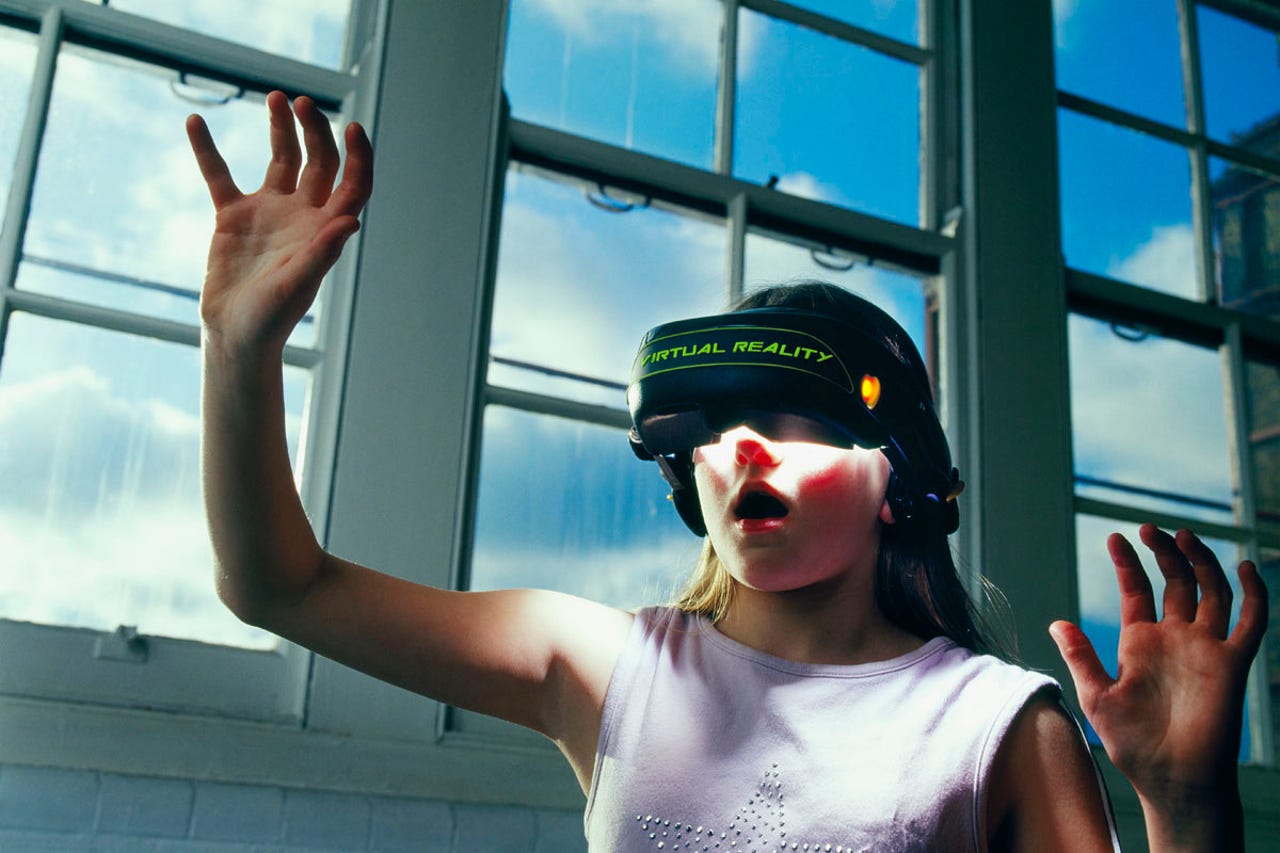This startup is using VR for social good


While virtual reality (VR) offers lots of opportunities for revenue-generating business applications, the technology also has potential for social good -- and a new online community called Virtual Village shows how.
The organization is building immersive, interactive, and gamified donation experiences for users in the form of mobile VR-ready applications, which at the same time provide a fund-raising tool for the charities Virtual Village represents, according to Vera Grablechner, founder and CEO.
"You could say we are an immersive marketplace between charities and donors," Grablechner said.
In order to finance the development of the virtual environments, which are based on 360-degree video content, Virtual Village will charge users a fee that decreases over time as the number of donors increases. "We are not a non-profit organization, but a social enterprise which wants to make the world a better place," Grablechner said.
Featured
Users of the site, which has yet to officially launch. will be able to experience the current situation of villagers in an African village and improve their standard of living by virtually constructing wells, schools, and hospitals, and by providing educational and medical services.
In-game donations will go directly to the selected charity project. Virtual Village will show users the impact particular donations are having on communities. For example, a well will initially be shown as dry and after a donation a villager will be able to draw clean water from the well.
Users can invite friends to their village to work on projects together and speed up improvements in the village.
Technology is the core of the organization's business, Grablechner said. It is using 360-degree video cameras to film various environments, then adding interactions and gamification to deliver a VR/immersive experience for users.
The mobile app will be available on Android and iOS smartphones and can be viewed in monoscopic or stereoscopic formats. "That makes it more accessible and enables people who don't have a VR headset to also use it or easily show it" to others, Grablechner said.
Because the apps are somewhat complex and mobile phone storage is often limited, Virtual Village is using cloud services to store, manage, and process portions of the data.
App development is being handled by a team with extensive experience in virtual reality production, server/database communication, data collection, and other relevant fields. "As our project is highly innovative, we will experiment a little bit with different platforms to see which are most suitable for the individual development steps," Grablechner said.
It's too early for Virtual Village to predict how successful the VR venture will be. But Grablechner said the organization is receiving pre-orders on its website every day.
In addition to the African village, Virtual Village is planning to launch locations representing other regions in the world including India, Bangladesh, Pakistan, and South America.
"Our vision is to have a virtual representation of charities worldwide," Grablechner said.